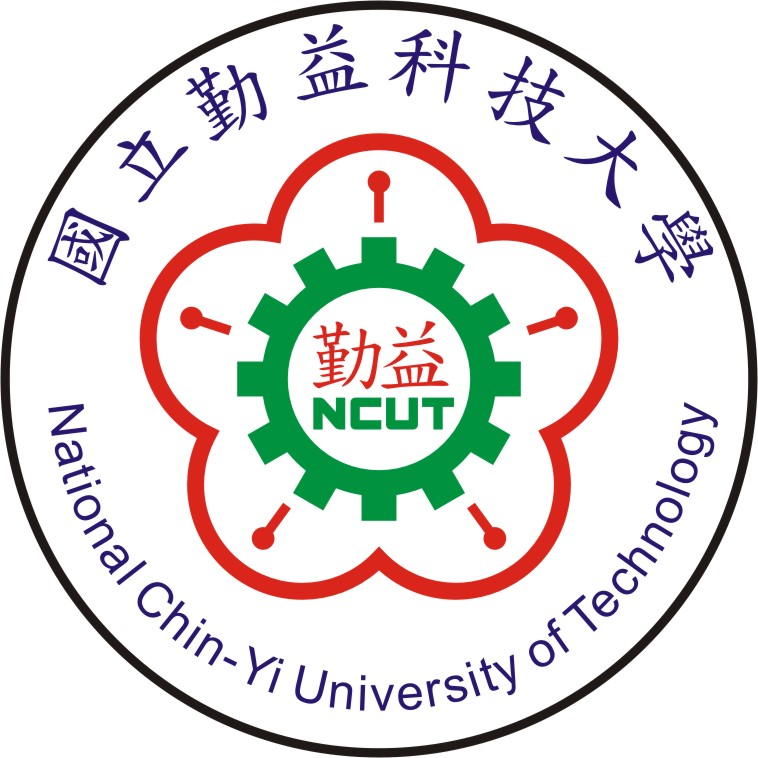Intelligent sensing and energy Laboratory
Research Field
Dr. Kuncoro was an associate professor at Bandung State Polytechnic (Polban), Indonesia, from 1995 to 2019. Since 2020, he has been a faculty member at the Department of Refrigeration, Air Conditioning, and Energy Engineering of NCUT. He is an associate professor whose research interests include embedded systems, sensor integration, control and monitoring applications, bio-signal sensing, artificial intelligence, Internet of Things, wireless power, and energy harvesting.
He has published papers in some reputable international journals and international conferences. He is also a reviewer in some international and national journals such as the International Journal of Energy Research, IEEE Access, IEEE Sensor, Sensors, Energies, Electronics, Applied Science, Sustainability, Epsilon, Telematika, JTT, JITEL, etc.
He also actives to promote academic collaboration between NCUT and several Indonesia schools in such programs:
- 2+i Industry-Academic Collaboration Program: the program for Indonesian students who have the Diploma III degree to study Mechanical Engineering Bachelor program (5 semesters) at the Department of Refrigeration, Air Conditioning and Energy Engineering, NCUT, Taiwan (March 2018 - present),
- The overseas Chinese Bachelor Program at some departments in NCUT (2022-present),
- International Master Program at Department of Refrigeration, Air Conditioning and Energy Engineering, NCUT, Taiwan (September 2017 - present),
- International Doctoral Program at the Graduate Institute of Precision Manufacturing, NCUT (2020 -present),
- International Doctoral Program at the Prospective Technology of Electrical Engineering and Computer Science, NCUT (2022 -present).
Intelligent sensing and energy Laboratory research activities focus on the development of systems based on the intelligent sensor systems, AI, and IoT technology for indoor environment monitoring, building energy conservation systems, wearable systems, machine tool predictive maintenance, and applications for monitoring and control systems. We developed smart sensor nodes and a multi-IAQ sensor system for indoor multi-pollutant monitoring. The sensor node couples with an indoor energy harvester toward the autonomous sensor node.
We also develop smart systems based on artificial intelligence and IoT technology for monitoring and surveillance applications such as health monitoring, environment monitoring, machine condition monitoring, etc.
The laboratory facilities:
- Measurement and electrical devices such as oscilloscopes, digital multimeters, function generators, spectrum analyzers, electronics load, power supply, Air quality (CO, CO2, temperature, humidity, NH3, PM, TVoC, airflow, etc.) measurement devices, thermal camera, lux meter, etc.
- Electronic workbench,
- 3-D printer,
- Mini drilling bench,
- Mini test chamber,
- Desktop computer,
- Microcontroller development kits,
- PLC kits,
- Humanoid robotic kits,
- Wheel robotic kits,
- Lidar based-wheel robot kit,
- Mini wind tunnel.
Ongoing research activities:
- Smart Wearable Sensor System for Pregnant Woman’s Personal Emotional Health and Energy Expenditure Monitoring Based on Physiological Signals (NSTC grant: 113-2221-E-167 -008 -, 2024-2025),
- AI and IoT-based environment sensing predictive and analysis,
- Wearable system for psychological stress analysis and prediction (hardware & firmware).
- AI and IoT-based machine tool predictive maintenance for industrial 4.0,
- Voice recognition for humanoid robotic,
- Smart wheel robot navigation system,
- Waiter robot.
The past research grants:
- An IoT-based Indoor Air Quality Mobile Sensing System Using a Fusion Sensor and Automated Navigation Robot System for Building Energy Efficiency (NSTC grant: 112-2221-E-167-012-, 2023-2024).
- Smart and Low-power Indoor Air Quality Monitoring System based on Indoor Micro-Energy Harvesting System Multi-sources (NSTC grant: 110-2222-E-167 -003 -MY3, 2021-2024).
Patents Publications:
- Wearable Technology for Pregnant Women (孕婦可穿戴技術). Taiwan Patent No. I848864, Patent period: July 11st, 2024 – November 29th, 2043.
- Smart Indoor Air Quality Monitoring Device with Automatic Power Generation. (可自動發電的智能室內空氣品質監測裝置). Taiwan Patent No. I792979, Patent period: February 11st, 2023 – April 11st, 2042.
- Fuel Cell Wireless Charging Device (燃料電池之無線充電裝). Taiwan Patent No. I678046, Patent period: July 21st, 2019 - April 1st, 2029.
- Capacitive Wireless Charging for Drone (無線充電之電容式無人機裝置), Taiwan Patent No. M581087, Patent period: July 21st, 2019 - April 1st, 2029.
- embedded systems,
- sensor integration,
- control and monitoring applications,
- bio-signal sensing,
- artificial intelligence,
- Internet of Things,
- wireless power,
- micro energy harvesting.
- Best Paper Award, The 4th International Conference on Applied Science and Technology (ICAST2021), 2021.
- Silver Medal Award, International Trade Fair, Ideas-Inventions-New Products, Nuremberg, Germany (73rd iENA2021), 2021.
- Excellent Idea Award, 2020 Taiwan Innotech Expo Invention Contest, Taipei, Taiwan, 2020.
- Excellent Idea Award, 2020 Taiwan Innotech Expo Invention Contest, Taipei, Taiwan, 2019.
- Best Paper Award, The 4th International Conference on Science and Technology (ICST2018), 2018.
Dr. Kuncoro received his diploma III in Electrical Engineering from the Polytechnic of Bandung Institute of Technology (ITB), Indonesia, and his bachelor’s and master’s degrees in Electrical Engineering from Bandung Institute of Technology, Indonesia. He received his doctoral degree in precision manufacturing from the Graduate Institute of Precision Manufacturing, National Chin-Yi University of Technology (NCUT), Taiwan.
2 Vacancies
Job Description
The internship's research works will be related to building energy management, indoor air quality analysis, psychological stress detection, machine tool predictive maintenance, or waiter robotic design based on multi-intelligent sensors, AI, and IoT technology to promote green systems and enhance quality of life and productivity.
The specific topic:
- AI and IoT-based for building energy management systems (hardware & firmware).
- AI and IoT-based IAQ prediction and analysis (hardware & firmware).
- AI and IoT-based psychological stress detection (hardware & firmware).
- AI and IoT-based machine tool predictive maintenance (hardware & firmware).
- Low-cost waiter robotic design based on Lidar sensor navigation system (hardware & firmware).
Preferred Intern Education Level
Undergraduate, Master, and Ph.D. students.
Skill sets or Qualities
The interns are familiar with some design tools and software to deploy system design in the prototyping framework with specific skills such as:
- Familiar with design tools (hardware and firmware): Arduino IDE, C, Java, Anaconda, Jupiter notebook, Tensor flow, TinyML, phyton, Solidworks, AutoCAD, PCB design, and 3D printing.
- Design system-based: Embedded system, IoT, and AI.
- Hardware and software design framework.
